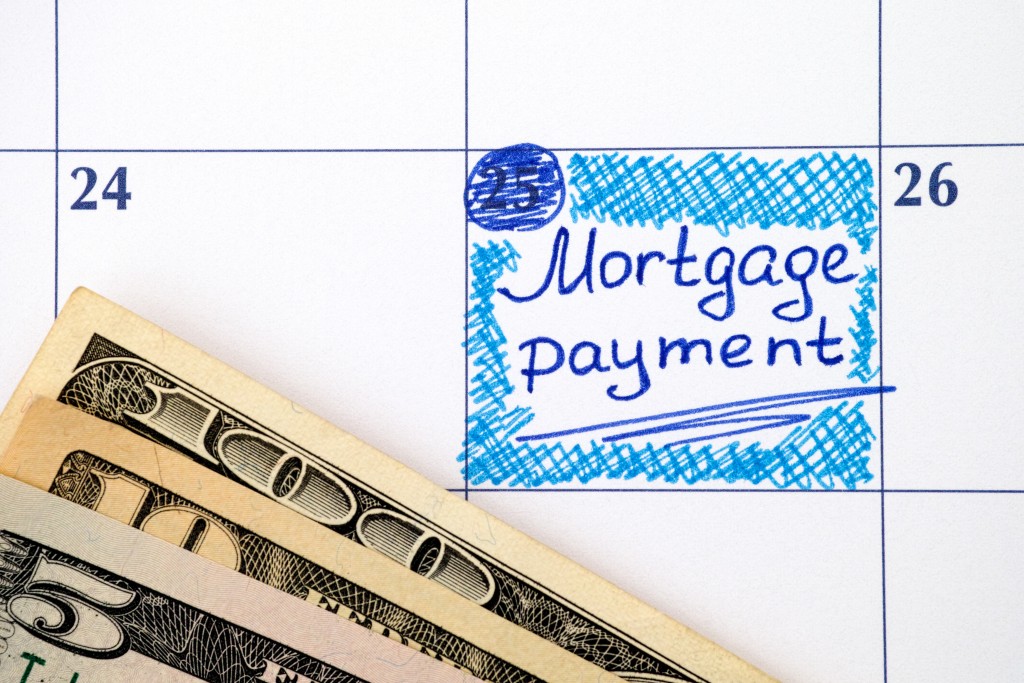Saving for a house is no small effort. Many people aspire to be homeowners but are often discouraged by hefty down payments and closing costs. Fortunately, there are several programs and grants designed to help people with their home mortgage. Most of these programs feature unique benefits like smaller upfront costs and easier credit requirements.
We’ve compiled below some of the best national grants, programs, and loans for first-time homebuyers. Taking advantage of these programs can help you make the most of your budget.
FHA loan
If you have low credit, an FHA loan might help you land your first home. Insured by the Federal Housing Administration, FHA loans require lower down payments and credit score requirements than regular loans. Buyers can secure a house with a minimum credit score of 580 and as low as 3.5% down. Credit scores of 500 to 579, on the other hand, require at least 10% down.
The downside to FHA loans is you have to pay private mortgage insurance (PMI). This coverage protects your lender in case you default on your loan and the home goes into foreclosure.
As a result, expect your overall borrowing costs to go up since you have to factor in not just upfront PMI premiums but also annual PMI premiums.

Good Neighbor Next Door
Sponsored by the Department of Housing and Urban Development, this program offers housing aid for teachers, firefighters, and emergency medical technicians.
Eligible individuals can receive a 50% discount on homes located in “revitalization areas.” They are also required to occupy the property for at least 36 months.
Fannie Mae or Freddie Mac
Both programs are government-sponsored enterprises that require only a 3% down payment. They purchase mortgages from lenders and either retain them in their portfolios or repackage them into mortgage-backed securities (MBS).
Homebuyers need a minimum credit score of 620 and a spotless credit history to qualify. In some cases, Fannie Mae may consider a 50% debt-to-income ratio. Unfortunately, you’ll need to pay for PMI, but you can cancel it once your loan-to-value ratio drops below 80%.
USDA loan
Believe it or not, you can buy a home with zero down payment. The catch? The property has to be located in a USDA-eligible area.
The U.S. Department of Agriculture (USDA) provides loans for some rural homes at little to no upfront costs. This type of loan is perfect for borrowers with low or moderate incomes. That doesn’t necessarily mean you have to buy a farm and move to the countryside. You’ll be surprised that some eligible properties are in regions that people don’t usually consider rural.
USDA loans have income limits that are often more favorable towards borrowers with low or moderate income. A credit score of 640 or higher is required. Otherwise, you have to present additional documentation on your financial history to qualify.
Before applying to any of the programs above, ensure that you meet the lender’s definition of a first-time buyer. Most nonprofit and government programs define first-time homebuyers as folks who have not owned a home in the last three years.
Purchasing a home is a major financial decision and requires extensive preparation. Stick to a budget and be ready for other expenses like closing and maintenance costs. Patience and proper planning will help you secure your first home in no time.
